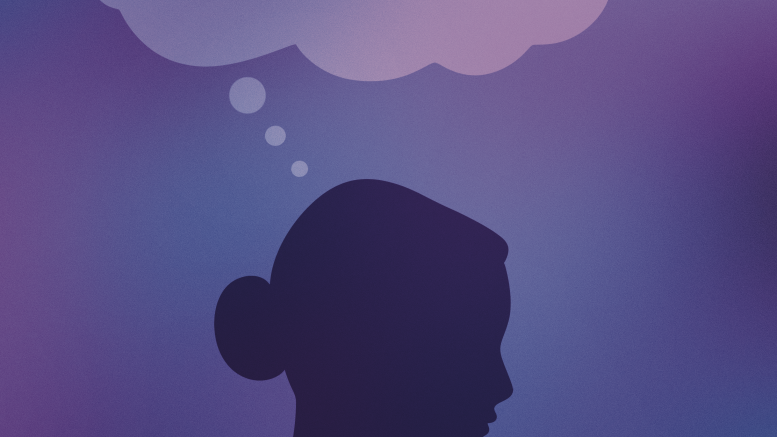There are a lot of misconceptions about obsessive-compulsive disorder, which is commonly shortened to OCD. Just because you like to clean does not necessarily mean you have OCD.
For as long as I’ve been old enough to know what OCD is, people all around me have been saying, “I’m just so OCD.” Even at the time before I was diagnosed with OCD, I couldn’t understand why people were using it when they did not have OCD.
While OCD is assumed to be an anxiety disorder surrounding cleaning, it can be about having to clean and wash, but it’s so much more than having to keep things clean. It’s about the compulsive thoughts of being contaminated, needing symmetry, arranging, fear of harm and so much more than just cleaning and keeping a schedule.
I have had multiple friends who like to keep their schedules neat and their things organized who have dropped in a sentence, “this is just so OCD of me,” while giggling.
While they may find this funny to say, it isn’t. It is a massive pet peeve that irks me to no end. While cleaning may be a big part of some people’s OCD, it is often the obsessive thoughts of being contaminated and the urge to clean until your hands are rubbed raw that accompany the urge to clean.
It is getting trapped in a cycle of repetition and compulsions and compulsive thoughts such as, unless you unplug every electrical outlet in your house, your house is going to burn down, killing everyone inside, thus leading to being convicted for manslaughter.
While this thought process might seem frivolous and stupid to some, this thought feels very real for people and individuals with OCD such as myself and multiple other people who suffer from OCD.
OCD takes a lot of time, and dealing with the daily compulsions is exhausting. So, if you have a loved one with OCD, try to be understanding that they can’t always be on time for you and not overthink things. They can’t help it.
OCD is not a personality quirk, it’s not quirky, it’s debilitating. OCD is incredibly creative in targeting fears or random things that bug you and turning them into very real-life compulsions.
To anyone who thinks they have OCD, I would say don’t be afraid to go get a diagnosis if you do think you have OCD, as it greatly affects your daily life and ability to socialize.
It is scary at first to get a diagnosis and it brings some relief that these compulsions of having to rearrange everything is not just because you’re crazy.
Many people with OCD suffer in silence and have a hard time telling people that what they’re going through is hard, and not just a weird thing that people say.
While writing this article, it dawned on me that, in theory, I should find this article easy to write because I have OCD and it should be easy to talk about, to bring awareness, but it isn’t. The stigma that OCD is quirky always follows people who have it, that it’s something to joke about and “isn’t that bad.”
I want to urge people who do not have OCD to please stop using it in a joking sense because it’s not a joke, and I find it demeaning and undermining when people use it when they shouldn’t.
OCD is never easy to cope with, especially when it affects almost everything you love to do and makes it impossible to do it, or do anything really, without worrying about everything.
I would like to wrap this article up by saying that if you do like to clean and organize, please stop using OCD as a funny term when you generally just like to organize because it isn’t just organizing, it’s someone else’s mental health struggle.


